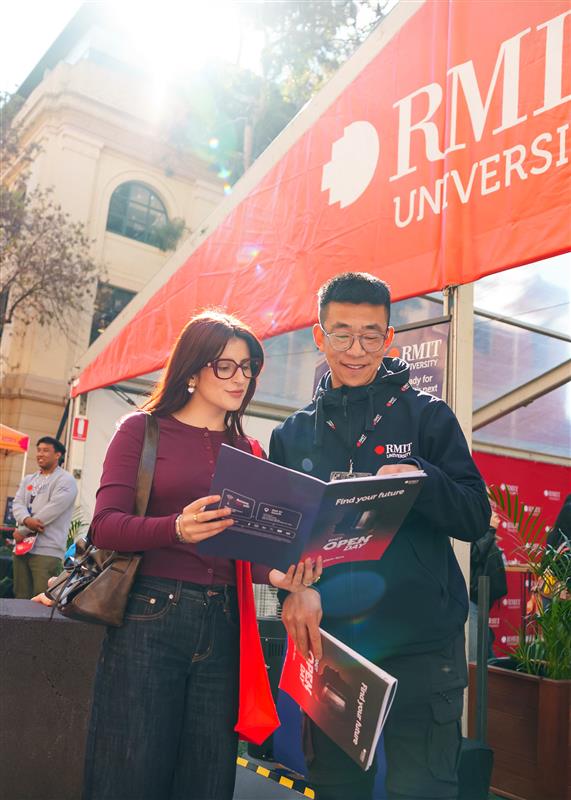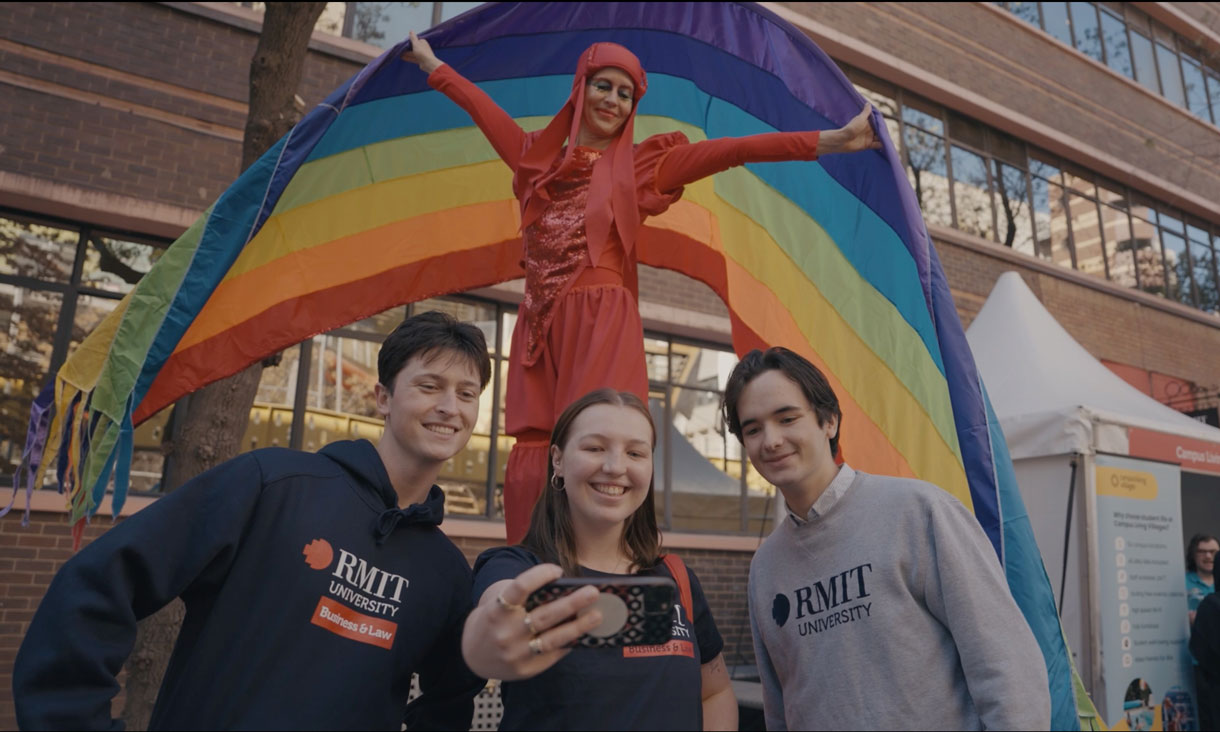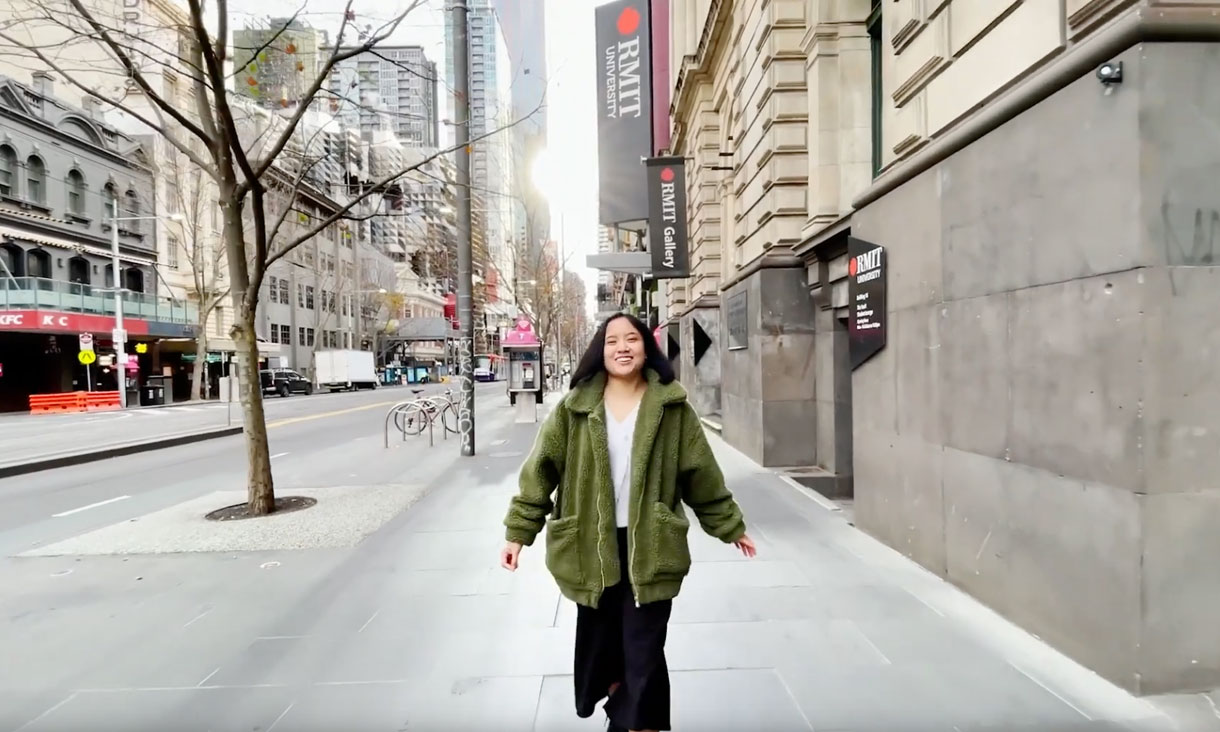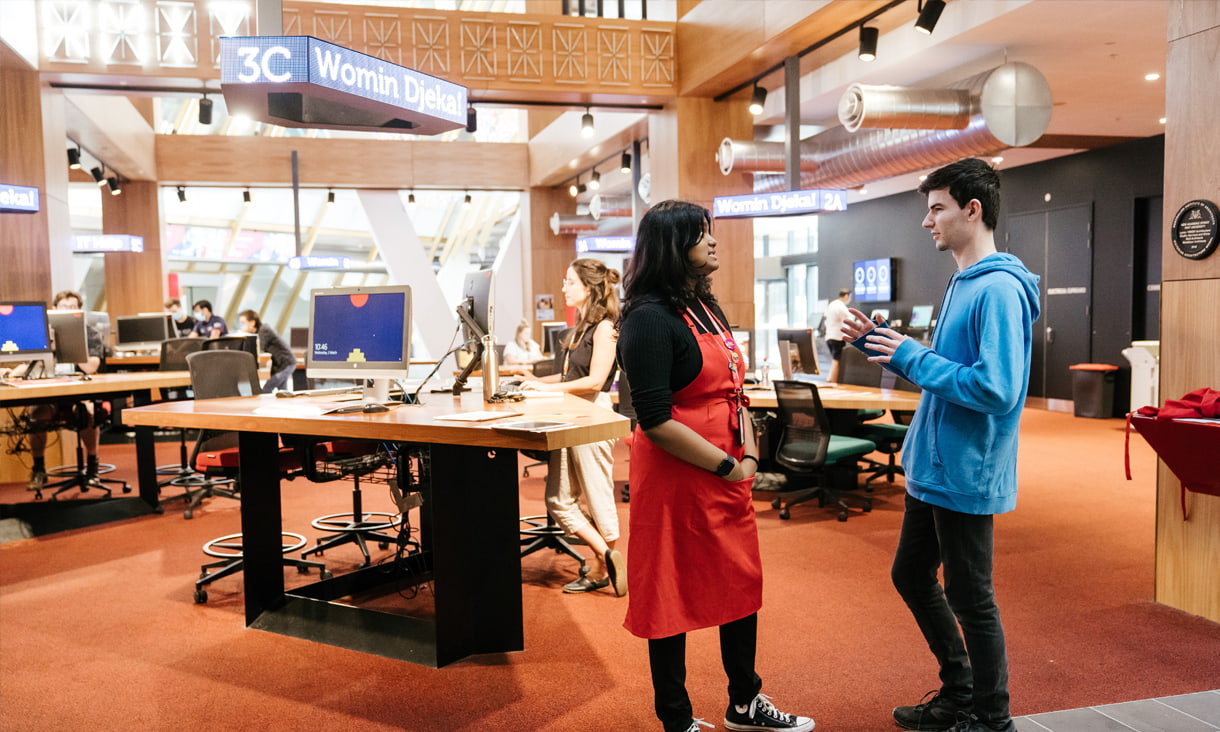VTAC Course Information & Applications
Whether you’re a current Year 12 student planning your next steps after high school or a non-Year 12 applicant returning to study, learn how to navigate the application process with the Victorian Tertiary Admissions Centre (VTAC), the central hub for tertiary course applications in Victoria.
School Leaver Hub
We’re here to help and guide you through your journey from high school to RMIT, so you can prepare what's next for you.










